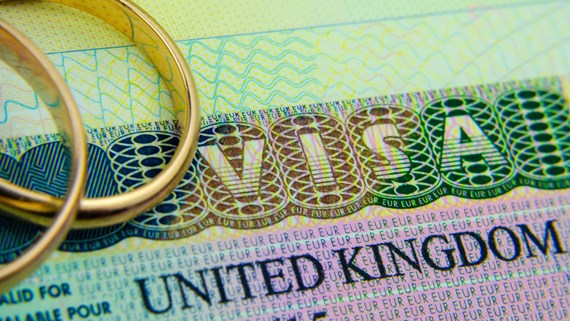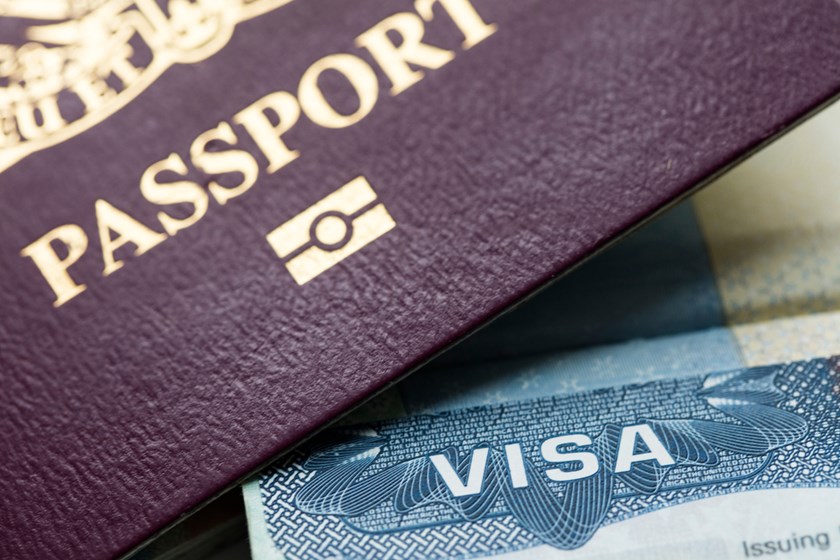Navigating the UK Partner Visa process for LGBTQ+ couples: overcoming challenges when evidence is hard to gather
Insight

If you are an LGBTQ+ couple seeking to live together in the UK, you may be considering applying for a Partner Visa. The Immigration Rules offer a route for partners of British citizens and of people settled in the UK to obtain visas, but what happens when your home country does not recognise same-sex relationships or allow freedom of expression for the LGBTQ+ community, and you cannot provide typical evidence of your relationship? This is a common concern for many same-sex couples facing immigration issues, particularly when it comes to proving the long-term, genuine nature of their relationship to the Home Office.
In this article, we will guide you through some of the challenges LGBTQ+ couples may face when gathering evidence for a UK Partner Visa and offer insights on how to navigate these hurdles successfully. While this article is primarily aimed at partners of British citizens and settled persons, similar challenges in evidencing relationships can arise for dependent partners of visa holders, such as partners of Skilled Workers.
Understanding the Partner Visa process
The Partner Visa route allows non-British citizens who are in a genuine and subsisting relationship with a British citizen or settled person to join their partner in the UK. In order to be granted, the Home Office expects applicants to provide evidence that they meet specific requirements.
First, the applicant must meet the definition of “Partner”. This is defined as a spouse, a civil partner, or if unmarried, then the couple must demonstrate that they have “been in a relationship similar to marriage or civil partnership for at least 2 years”.
In addition, Partner Visa applicants must also prove that their relationship is “genuine and subsisting”, which can include providing documents like joint bank statements, lease agreements, or shared utility bills – proof of cohabitation and day-to-day life together. However, for LGBTQ+ couples from countries where they face social stigma or their rights are restricted, or, in the worst-case scenario, where same-sex relationships are criminalized, obtaining this kind of documentation can be a difficult or sometimes impossible task.
This article will focus on how to evidence a relationship, however, we note that there are various other requirements for a successful Partner Visa application, including a strict financial requirement, further details of which can be found here.
The unique challenges facing LGBTQ+ couples
UK Partner Visa applicants in same-sex relationships often face distinct obstacles, including:
- Criminalisation According to the Human Dignity Trust, same-sex relationships are illegal in 64 countries, meaning it is impossible for some individuals to be open about their identity and their relationship status.
- Legal barriers: As of March 2025, same-sex marriage is legally recognised in 38 countries around the world. However, while much progress has been made since the Netherlands legalised same-sex marriage in 2000, there are still many countries where there is no option for same-sex couples to marry or enter into civil partnership, meaning that alternative evidence will need to be provided.
- Social stigma and cultural restrictions: Even in places where same-sex relationships are not explicitly criminalised, cultural and societal taboos may prevent LGBTQ+ couples from being able to openly live together and/or obtain joint documentation such as shared leases or bank accounts. Where couples need to, or prefer to, be discrete about their relationship status, this can also lead to difficulties in obtaining informal evidence such as letters of support from family and friends.
Given these challenges, it is not always possible for LGBTQ+ couples to provide the sort of documentary evidence that the Home Office might normally expect to see. However, with the right legal advice and a creative, holistic approach, it is possible to create a strong and well-prepared application.
Evidence of relationship: what to do when traditional proof is not available
Each relationship is unique and so no two applications will be the same, but some points to consider might include:
- Providing detailed witness statements from both partners outlining the history and nature of their relationship and providing any relevant context. If drafted carefully and comprehensively, these can be invaluable. Letters of support can also add valuable context and credibility, even if such letters alone are not enough to make a successful application.
- If formal evidence of a joint bank account or a shared lease is not available, consider whether there are other ways to show financial interdependence. For example, proof of money transfers or regular financial support, or partners being named as beneficiaries on medical or life insurance policies.
- It can also be helpful to gather evidence of communication and time spent together, especially if the relationship is long-distance.
- In some cases, objective evidence as to the state of LGBTQ+ rights in the relevant country can help to contextualise an application for the Home Office and explain why traditional evidence may be scarce due to the socio-cultural or legal environment of the applicant’s home country.
How we can help
Our Immigration team has a wealth of specialist experience in representing LGBTQ+ clients, guiding them through the complexities of the UK visa process in a clear and compassionate manner, and tailoring each application to the client’s individual circumstances and cultural context.
If you’re an LGBTQ+ individual or couple looking to move to the UK, please do not hesitate to get in touch with Sonia Cala-Lesina or your usual contact in our Immigration team for a confidential consultation.
If you would like to know more about the history of LGBTQ+ rights and how the recognition of same-sex relationships has developed in UK immigration law, we refer you to our earlier article on this topic.
This publication is a general summary of the law. It should not replace legal advice tailored to your specific circumstances.
© Farrer & Co LLP, March 2025







